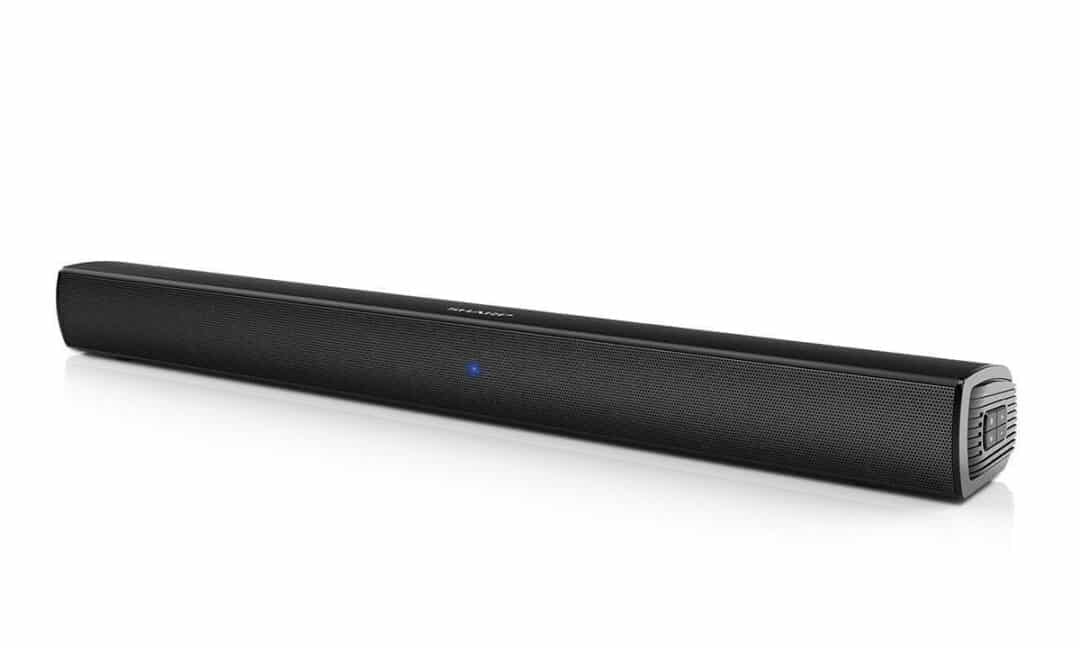Many people for the first time come across the concept of "chiller". What is it and why are owners of large buildings now more and more interested in products with this name, especially in the southern regions of the country? HouseChief will acquaint you with the product itself and its application in practice in this review.
Read in the article
- 1 Chiller: what is it, and where does the fan coil unit
- 2 Chiller device and principle of its operation
- 3 Types of chillers and their distinctive features
- 4 Pros and cons of using the chiller
- 5 How to choose a chiller?
- 6 8 common questions when choosing a chiller
Chiller: what is it, and where does the fan coil unit
Let's start with the terminology. Chiller translated from English means a refrigerating machine, that is, simply refrigerator. This, it would seem, is the whole answer, but no: in fact, it is not a refrigerator, but a large mechanism, the task of which is to maintain a given microclimate in large rooms and in individual houses.
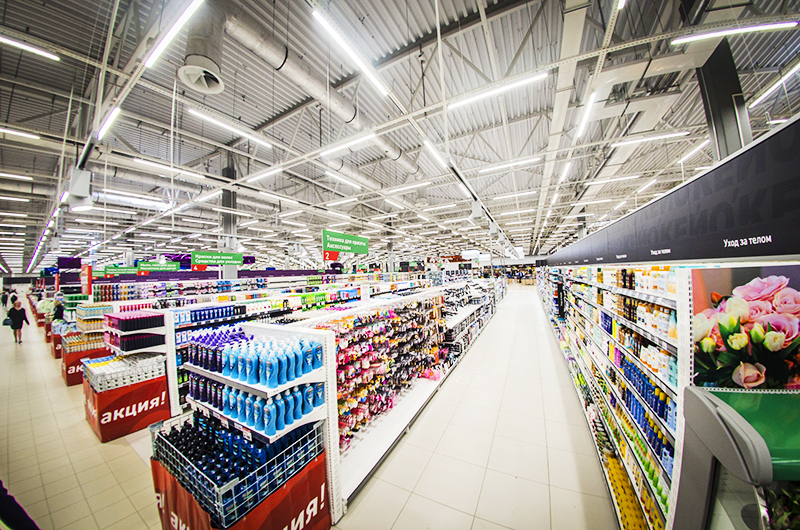
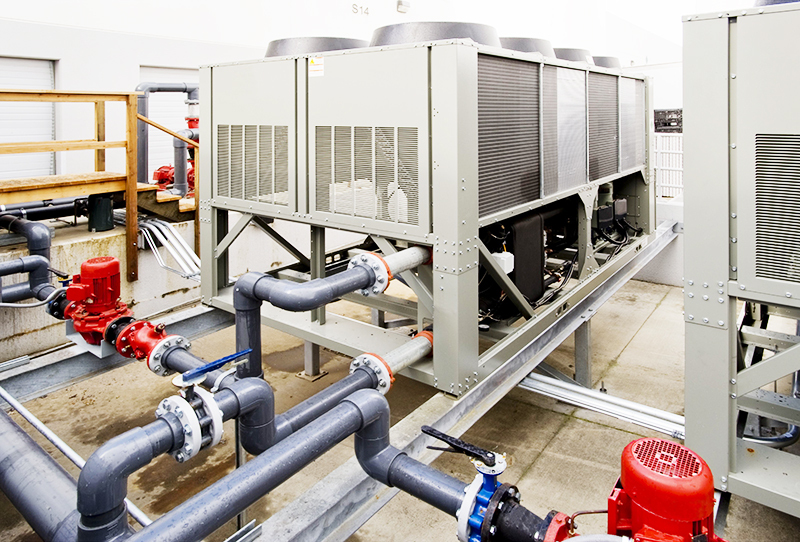
Indoor units are called fan coil units. By combining them, you can achieve the desired effect in a building of almost any size.
The regulation of the temperature regime in the room occurs in this device in the same way as in a domestic air conditioner, thanks to the circulation of the refrigerant. The heat carrier in this case can be water or glycol.
Chiller device and principle of its operation
A chiller, like an air conditioner, consists of a compressor, an evaporator, a condenser and a heat exchanger. This system works, as in any refrigerator, by compressing freon. Due to the fact that this refrigerant changes its state from liquid to gaseous, during such transformations it gives up its heat to water or air.
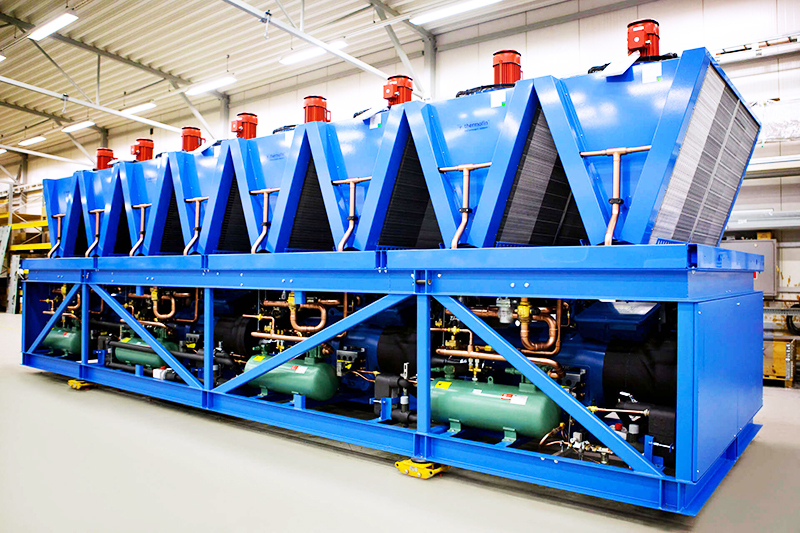
Types of chillers and their distinctive features
Manufacturers offer different options for such refrigeration machines. The following models are most often found on sale:
- Air cooled chillers. These devices use water as a heat exchanger, so design and installation work does not cause any particular difficulties. Such advantages cannot hide the disadvantages of air conditioning a system with water content: it can only work at positive temperatures and is considered very noisy.
- Chillers with anti-freeze liquids. Glycol is poured into the mains of these systems, which can give a temperature of 5-10 ° C. Such systems do not need to be periodically emptied, they do not defrost and can work even at sub-zero air temperatures. In winter, these chillers are connected to dry cooling towers. But such systems are much more expensive, consume many kilowatts and require a double hydraulic circuit with additional automation.
- Chillers with cooling towers. Such designs make it possible to choose one of three operating modes by adjusting the electricity consumption. This is one of the most economical options and is renowned for its quick return on investment. There is no need for intermediate heat exchangers in this system.
- Chillers with remote condensers - not the most popular models that are unprofitable in terms of purchase and operation. They work successfully only in the southern regions, require a large amount of refrigerant and require professional installation and maintenance.
- Liquid Cooled Dry Cooled Chillers. Very expensive equipment with high energy saving performance. It features quiet operation, year-round operation and no need for seasonal maintenance.
- Evaporative Cooling Tower Centrifugal Chillers. Used for large buildings. Such devices maintain a stable coolant temperature and do not require capital expenditures, but have a rather low performance.
- Water cooled gas chillers. Natural gas acts as fuel in this circuit, which means that energy consumption is minimal. Such systems quickly pay off and can be used in winter for heating.
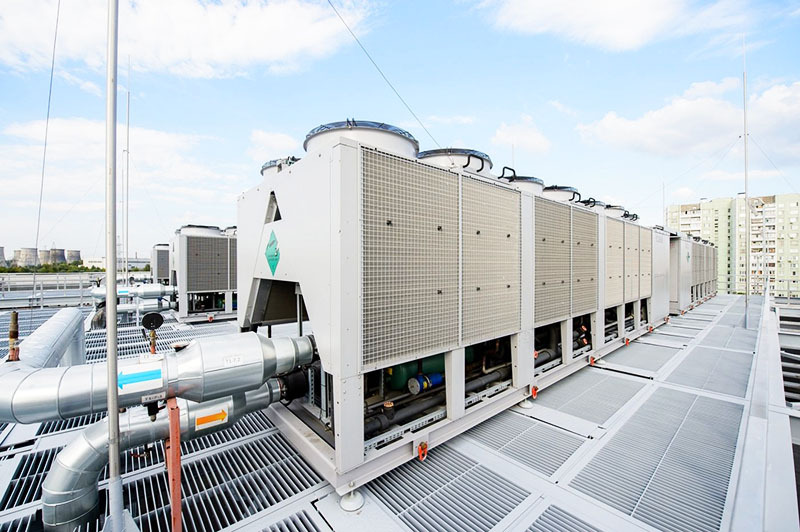
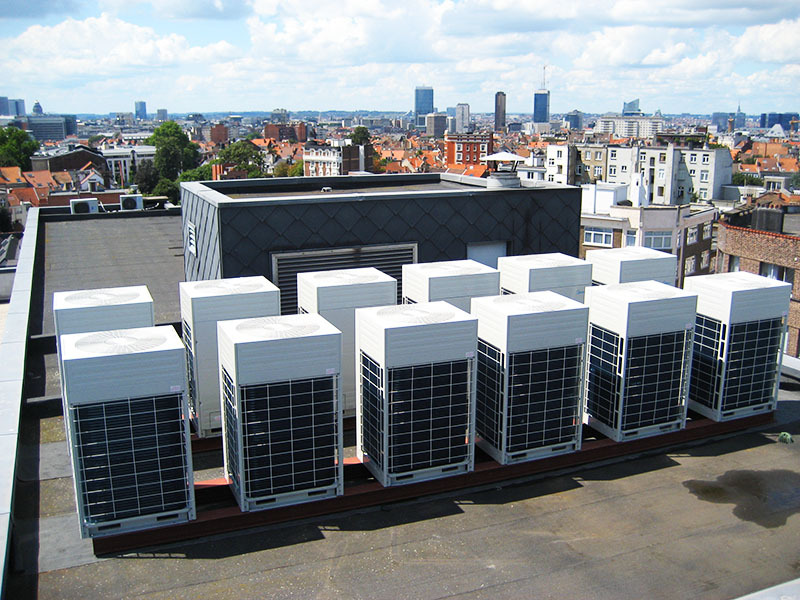
Pros and cons of using the chiller
So, the main task of the chiller is to provide a microclimate in one large or in a group of small rooms. What are the advantages of such systems in the piggy bank:
- variability in the number of fan coil units;
- no risk of refrigerant leakage;
- the appearance of the building does not deteriorate;
- relatively low cost of installation work.
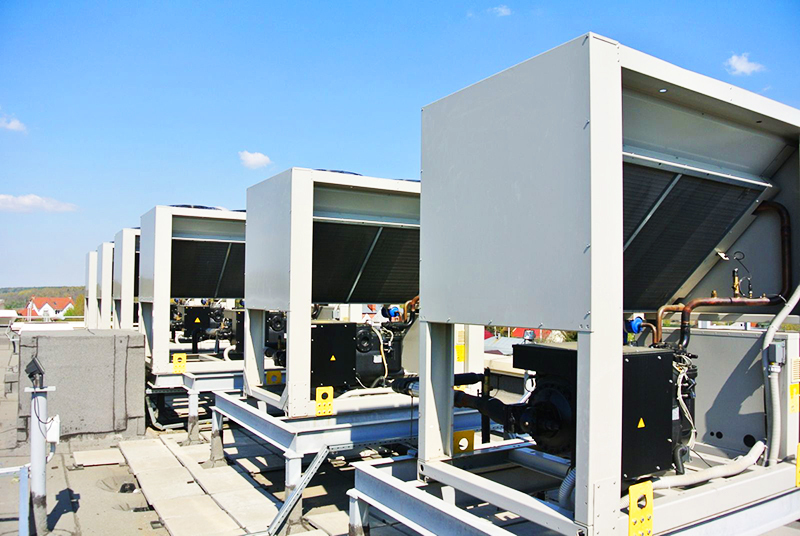
But such designs also have their drawbacks. The most important among them is the high cost of components and serious maintenance and preventive maintenance costs.
How to choose a chiller?
The owners of large retail and office buildings are interested in maximizing the benefits of such a purchase. What should you pay attention to?
The first is, of course, the manufacturer. You should not give preference to cheaper, but less reliable Chinese-made products. The highest quality refrigeration equipment is produced in Italy.
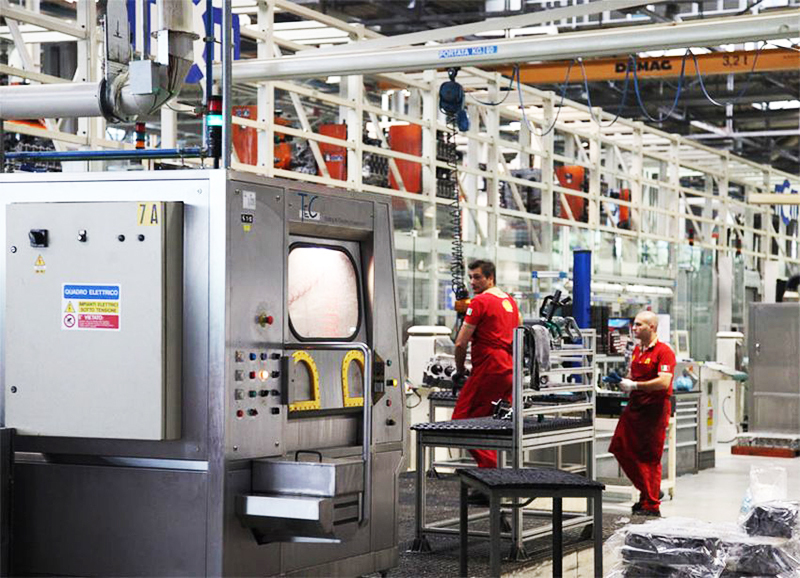
The build quality is always on top here, and questions arise only about technological and design differences. Therefore, if you want to be sure of the quality, ask for a certificate confirming the origin of the product.
The second criterion for a successful choice is the reliability of the distributor. A decent company will provide you with qualified specialists for the installation and start-up of the installation, In addition, they will also carry out warranty and post-warranty service.
When selecting equipment, there is always a danger of "running into" dealers who will be happy to foist on you something completely different from what you really need. Therefore, before buying, either study the technical criteria of the equipment yourself, or find a person who will give you professional and independent advice.
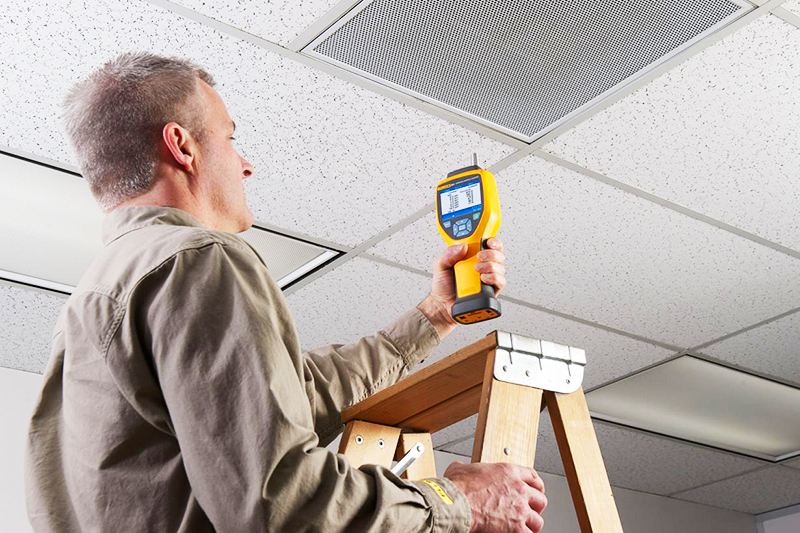
Be sure to discuss with your supplier the feasibility of additional options.
Take the time to find customers who have already been served by this distributor and ask them for their opinion about the company.
Of course, be sure to ask about the product warranty. If she is less than 2 years old, you shouldn't get involved.
8 common questions when choosing a chiller
How to choose the type of chiller?
Industrial models can differ in the installation location of the monoblock: inside or outside the building. For outdoor installation, with all the convenience of such a choice, you will need antifreeze coolant or seasonal drainage of water, and the internal one implies the cost of equipping the building with supply and exhaust ventilation.
What should be the capacity of the installation?
To correctly calculate the power of the device, it will be necessary to find out many variables: the type of coolant, its temperature at the points of entry and exit, and the external operating conditions. Do not be guided by the standard indicators that the manufacturers indicate, in practice the results are always far from ideal.

What type of freon is best?
For Russian latitudes, freon of the R410A brand is considered the most effective, to which all leading manufacturers of this equipment have long since switched. For the southern regions, we can also advise R134A, which uses energy economically, but only in the warm season, and in other periods it can hardly be called profitable.
Which is the best type of control valve: mechanical or electronic?
The electronic type will require a minimum of attention from you, and you will feel it almost immediately. Mechanical valves are cheaper, but constant monitoring will be a lot of hassle.
Galvanized or not body?
Of course, galvanized is better, only manufacturers indicate this as an additional option.
Which compressor is the best?
Chillers have compressors of various shapes, the most effective is the scroll one, and the screw one is in the second place. It is these devices that guarantee durability and require minimal maintenance.
Which heat exchangers are best?
The most effective are plate structures made of stainless steel, which maintain pressure in the system well and regulate heat transfer. Shell and tube heat exchangers are made only for specific structures that are under high stress.
This is the basic information about chillers. If you are interested in this question more deeply, then, starting with them, you can move on by studying the technical documentation. In conclusion, we offer you a visual video about the principles of the chiller's operation and remind you that you can ask all your questions in the comments:

